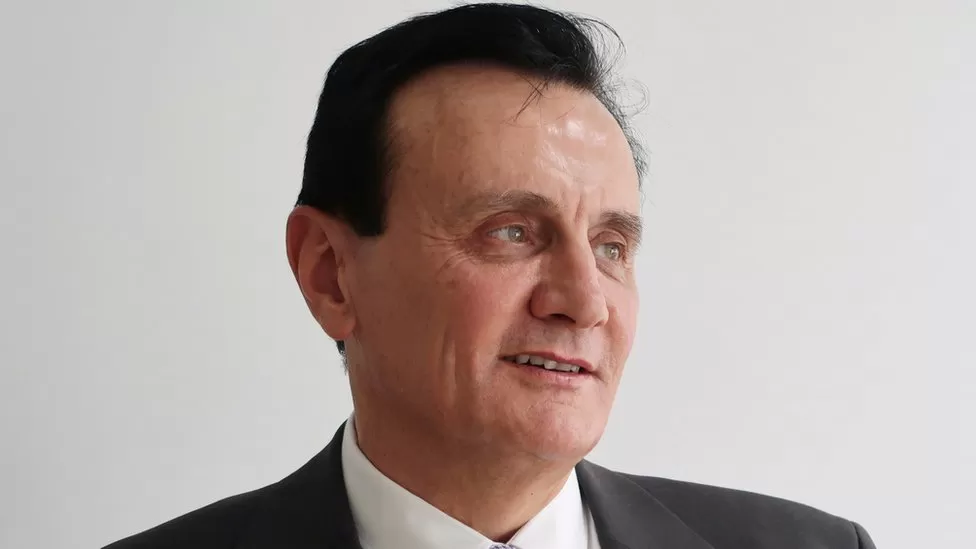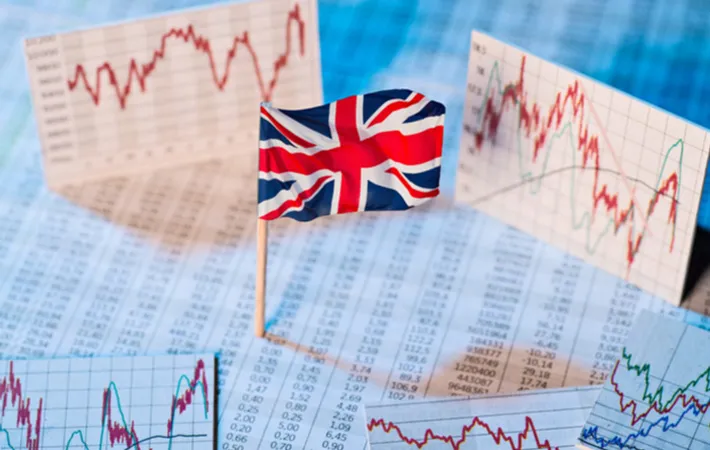Bosses at Britain’s biggest companies saw their pay rise by almost 16% on average last year as most workers’ wages were squeezed by rising prices. The High Pay Centre said the median pay of a FTSE 100 chief executive was £3.91m in 2022, up from £3.38m in 2021. And it said the average earnings of an FTSE 100 boss was 118 times more than a typical UK worker on £33,000 a year. Critics called the earnings extreme, but some of the firms argued they were in line with competitors.
According to the High Pay Centre’s research, the highest paid chief executive last year was Sir Pascal Soriot, the boss of the drugs giant AstraZeneca, with £15.3m. The British-Swedish company became a household name when it teamed up with Oxford University scientists to develop the highest-paid Covid-19 vaccine. Charles Woodburn of security and aerospace firm BAE Systems was the second highest earner with £10.7m, while Emma Walmsley, boss of GlaxoSmithKline, was the highest female earner with £8.45m.

Ben van Beurden, the former boss of energy giant Shell with £9.7m, and BP’s Bernard Looney securing £10.03m featured in the top six biggest earners after both firms reported record profits on soaring energy prices. The think tank, which analysed the pay of chief executives of all companies on the UK’s blue chip company index through firms’ annual reports for 2022, reported median pay was more than £500,000 up on 2021, continuing its upward trend since it dropped to £2.46m in 2020 during the height of the pandemic.
The High Pay Centre said the rise was in part due to the economic recovery following lockdowns and through bosses having “strong incentive pay awards tied to profitability and share prices”. However, earnings are still not as high as they were in 2017 when they hit £3.97m. The independent group, which focuses on economic inequality and fairer pay, said the gap between company executives and other workers’ pay had widened further last year.
‘Extreme’
The Trades Union Congress (TUC) said the report showed Britain was a “land of grotesque extremes”. “We need an economy that delivers better living standards for all – not just those at the top,” said Paul Nowak, general secretary of the TUC. But economic think tank the Adam Smith Institute said “knee-jerk attacks” on chief executive pay were unhelpful, and said more attention needed to be applied to the benefits for the wider economy. In response to the report, AstraZeneca said 12% of Sir Pascal’s pay was fixed, while 88% of it was subject to share price and performance. The firm’s share price has soared 81% in the past five years.
The company also pointed out that on a global basis, its chief executive pay was below big pharmaceutical competitors. BP, Shell and other energy firms have faced criticism over the extent of their profits at a time when high energy prices have been a big driver in the cost of living rising. Shell told the BBC the £9.7m figure was Mr van Beurden’s “single figure remuneration”, which included a £1.42m salary, £2.59m bonus, Long Term Incentive Payment worth £4.9m, plus pension and other taxable benefits.

A spokesperson said its “executive remuneration” was “benchmarked against a broad range of European multinational companies”, adding that data from the past 10 years showed its senior leaders were “paid competitively”. Although a single figure is disclosed as the pay package of a chief executive, it typically consists more than just a base salary, with bonuses, incentives and pension pay also included. Base salary represents only 21% of total FTSE 100 bosses’ remuneration on average, the High Pay Centre said – a direct contrast to most UK workers.
Outside of the biggest firms, workers’ wages on average have failed keep up with rising prices, especially for gas, electricity and food during last year and this year so far. Inflation, which is the rate consumer prices rise at, is currently at 6.8% in the year to July. However, the figure was much higher throughout the majority of 2022, peaking at 11.1% last October, meaning back then goods on average were more than 10% more expensive compared to prices the year before.
Latest figures from the Office for National Statistics (ONS) show regular pay growth, which excludes bonuses, reached 7.8% over the three months to June compared to a year earlier, but actually dropped by 0.6% once inflation was taken into account. The governor of the Bank of England Andrew Bailey told the BBC last year that workers should not ask for big pay rises to try to stop prices rising out of control, comments which resulted in backlash from unions and the government’s distancing itself from the stance.
Luke Hildyard, director at the High Pay Centre, said “at a time when so many households are struggling with living costs, an economic model that prioritises a half-a-million-pound pay rise for executives who are already multi-millionaires is surely going wrong somewhere”. The think tank called for a requirement for companies to include a minimum of two elected workforce representatives on the remuneration committees that set pay.
‘Less criticism, more thought’
Gary Smith, general secretary of the GMB union, said if the government “genuinely think high wages are going to cause spiralling inflation, they probably need to think about curbing pay at the top of the tree, rather than everyone else”. “While workers in sectors across the board were forced onto picket lines to make ends meet, these top brass were trousering fortunes,” he added. But Duncan Simpson, executive director at the Adam Smith Institute economic think tank, argued that the pay of chief executives was “all too often” criticised “without further thought”. “16% is a marked increase.

But company leaders provide value to customers with the products and services they sell, to pensioners with dividends from profits they generate and to HMRC through tax receipts,” he said. “Knee-jerk attacks remain an unhelpful way to look at the private sector which employs over 80% of workers in the UK and generates benefits across society.” The BBC also contacted BAE Systems, GlaxoSmithKline, and BP for comment in relation to the pay packets of chief executives. The Treasury declined to comment on the report.
![]()





